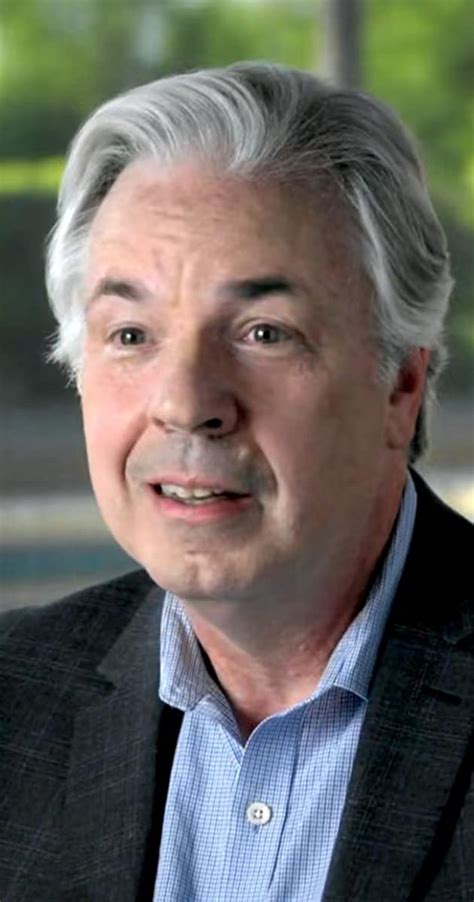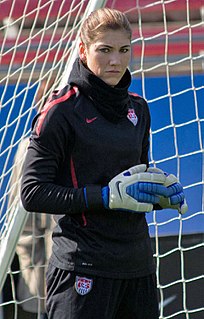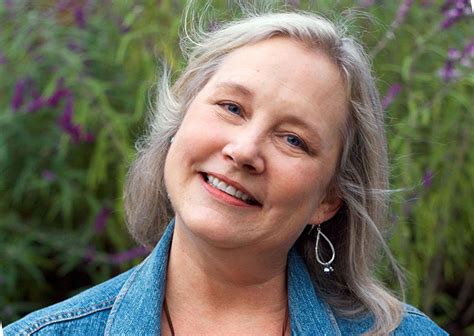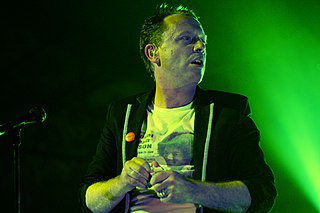A Quote by Chris Connelly
It's no secret that many tales of tween stardom have had unhappy endings.
Quote Topics
Related Quotes
In those early days, the important thing was the happy ending. I did not tolerate unhappy endings - for my heroines, anyway. And later on, I began to read things like 'Wuthering Heights,' and very, very unhappy endings would take place, so I changed my ideas completely and went in for the tragic, which I enjoyed.
In my lifetime, I've discovered a great many incredibly talented individuals. Some have achieved stardom. Simultaneously, I've seen many dreams shattered, egos destroyed and lives changed forever. The end destination may well be fame and fortune, but the road to stardom is littered with broken hearts.
Childhood is less clear to me than to many people: when it ended I turned my face away from it for no reason that I know about, certainly without the usual reason of unhappy memories. For many years that worried me, but then I discovered that the tales of former children are seldom to be trusted. Some people supply too many past victories or pleasures with which to comfort themselves, and other people cling to pains, real and imagined, to excuse what they have become.
































